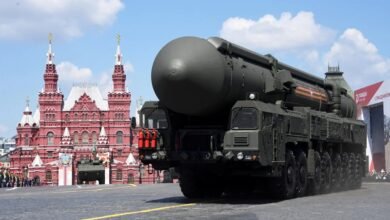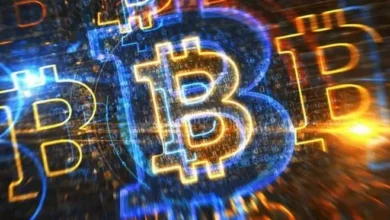
Russian President Vladimir Putin has signed a significant law legalizing cryptocurrency mining in Russia, effective November 1, 2024. This legislative move marks a pivotal shift in the country’s approach to digital currencies and aims to regulate an industry that has previously operated in a gray legal area.
Overview of the New Law
The new law introduces several key concepts and regulations surrounding cryptocurrency mining:
- Definitions and Regulations: The law defines terms such as “digital currency mining,” “mining pool,” and “mining infrastructure operator.” It clarifies that mining is considered a component of turnover rather than the issuance of digital currency.
- Eligibility for Mining: Only Russian legal entities and individual entrepreneurs registered with the Ministry of Digital Development will be permitted to mine cryptocurrencies. Individuals who do not exceed government-set energy consumption limits can also mine without registration.
- Government Monitoring: Miners are required to submit details about the digital currency they obtain to a designated government authority. This measure is intended to enhance oversight and prevent illegal activities such as money laundering.
- Energy Consumption Regulations: The law empowers the government to impose restrictions on mining activities based on regional energy consumption concerns. This is particularly relevant given the energy-intensive nature of cryptocurrency mining.
Economic Implications
Circumventing Sanctions
One of the driving forces behind this legislation is Russia’s ongoing effort to circumvent Western sanctions imposed since its invasion of Ukraine in 2022. By legalizing cryptocurrency mining, Russia aims to create a viable alternative for international transactions, which are increasingly restricted by Western financial systems.
- Integration into International Trade: The law is part of a broader strategy that includes using cryptocurrencies for international trade. This initiative is seen as a way to bolster economic ties with countries that are less aligned with Western policies, such as China and India.
Establishing a Legal Framework
Putin emphasized the importance of establishing a comprehensive legal framework for digital assets. He stated that it is crucial for Russia to seize the moment and develop infrastructure that supports the circulation of digital currencies, both domestically and internationally.
- Market Potential: Estimates suggest that Russia was responsible for mining approximately 54,000 bitcoins in 2023, generating significant revenue and positioning itself as a major player in the global cryptocurrency market. The legalization of mining could further enhance this position.
Regulatory Measures
Stricter Controls
The law imposes strict controls over cryptocurrency mining operations:
- Registration Requirement: All entities engaged in mining must be registered with a special inventory maintained by the government. This registry aims to ensure compliance with national regulations and facilitate monitoring.
- Prohibition on Certain Activities: Legal entities and individual entrepreneurs are prohibited from combining mining activities with electrical power transmission or management, which aims to prevent conflicts of interest and ensure regulatory compliance.
Financial Stability Concerns
The Bank of Russia retains significant authority under this new law. It can impose bans on specific digital assets deemed a threat to financial stability. This regulatory oversight reflects ongoing concerns about the potential risks associated with cryptocurrencies, including their use in illicit activities.
Conclusion
The legalization of cryptocurrency mining in Russia represents a strategic move by President Putin’s administration to harness the potential of digital currencies while navigating complex geopolitical challenges. By establishing a regulatory framework, Russia aims not only to boost its economy but also to position itself favorably within the global cryptocurrency landscape.As this legislation takes effect, it will be essential to monitor its implementation and impact on both domestic markets and international relations, particularly in light of ongoing sanctions and economic pressures from Western nations.
For more Breaking news and updates, click here.
Connect with us on X/Twitter here.



